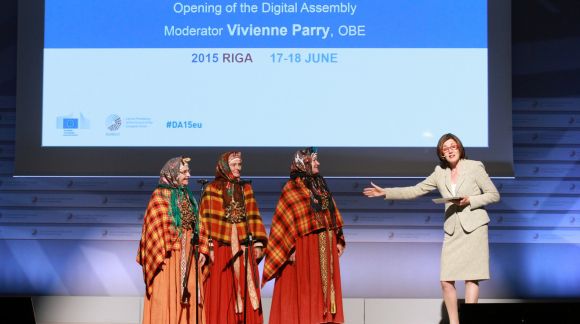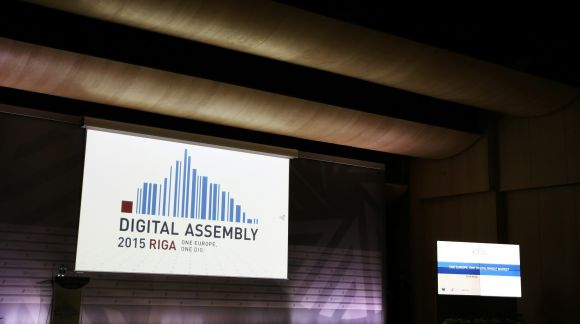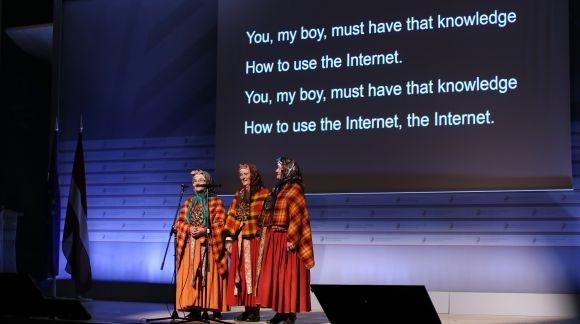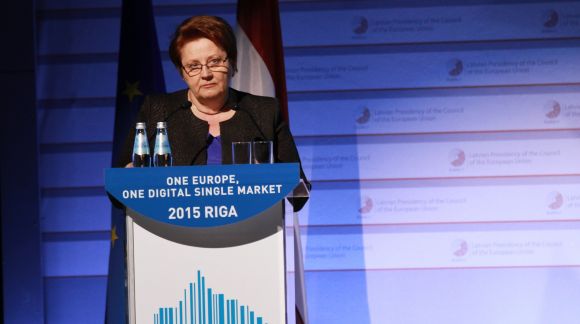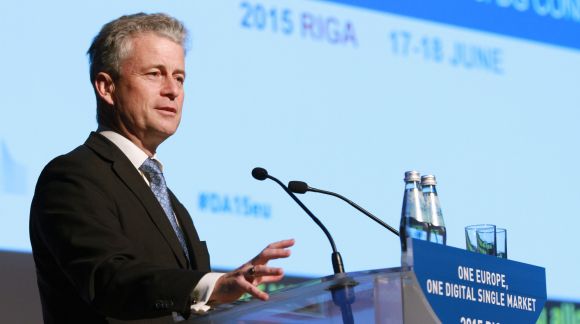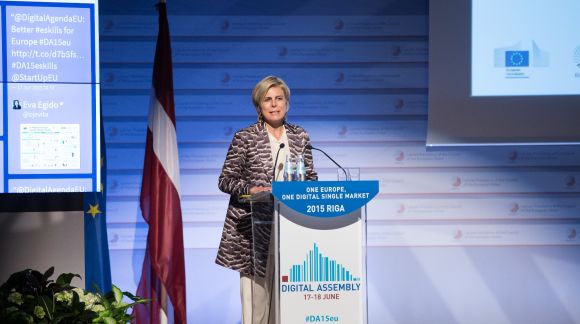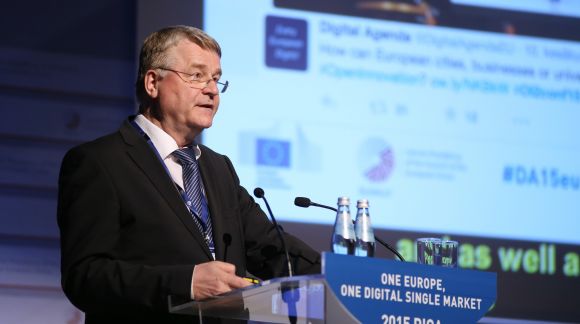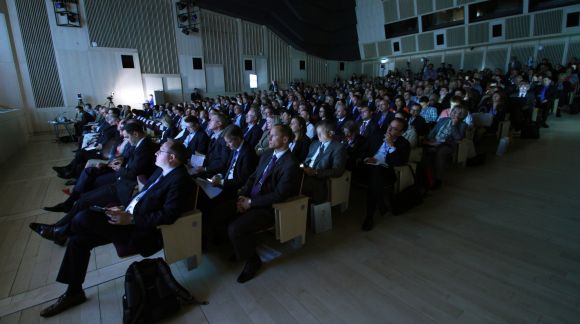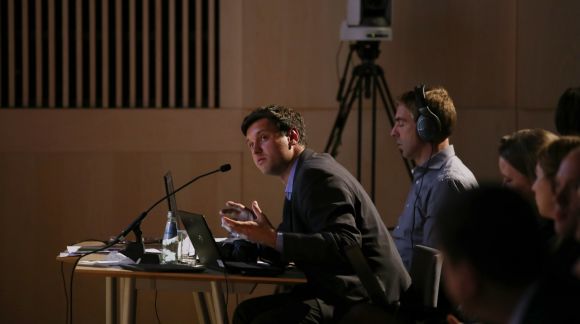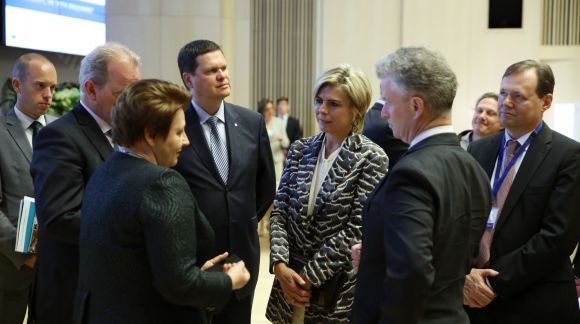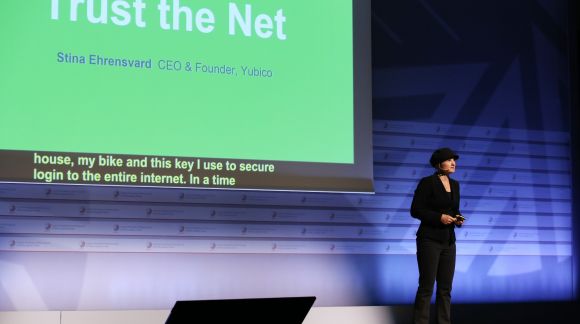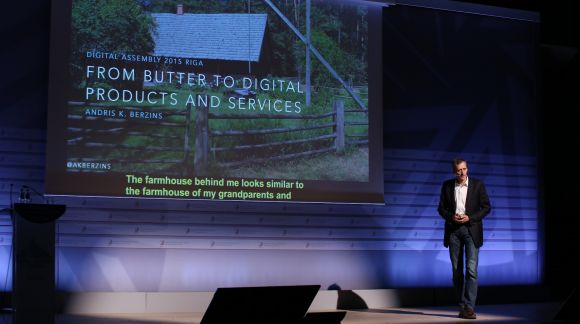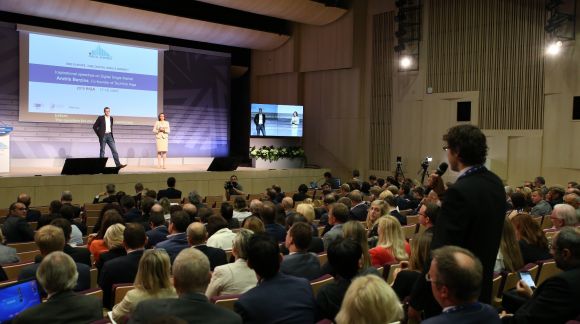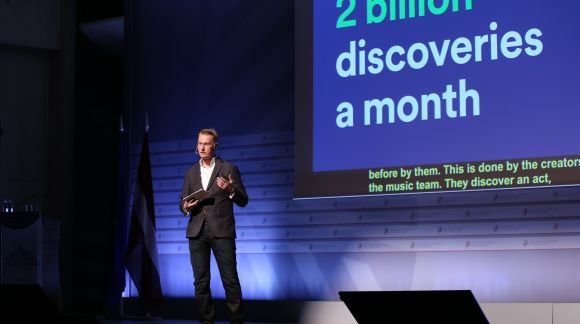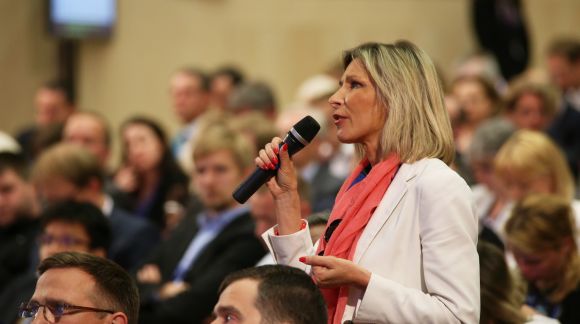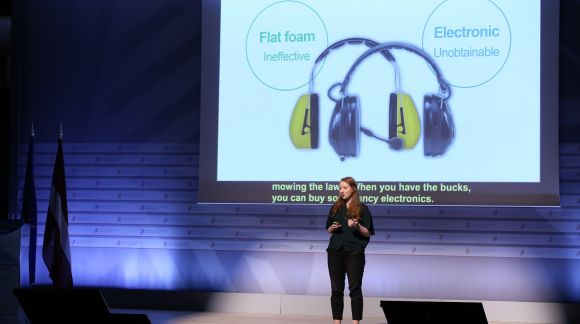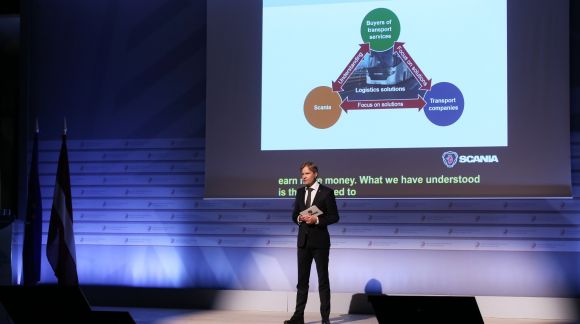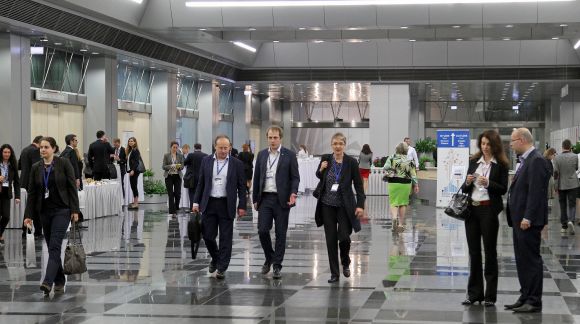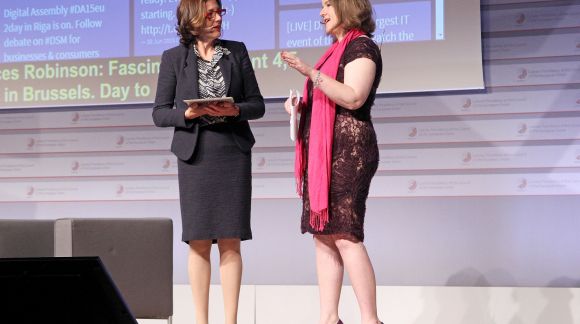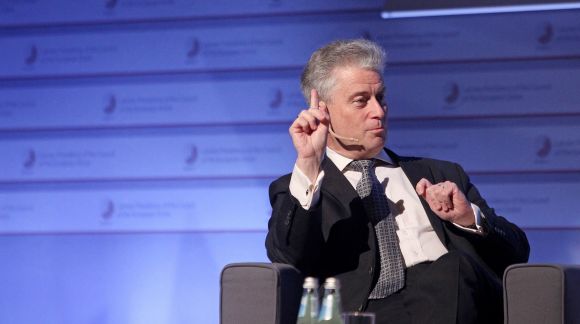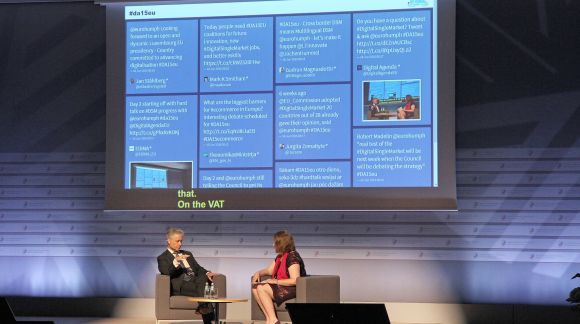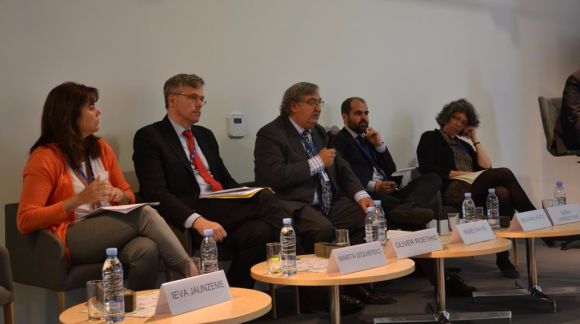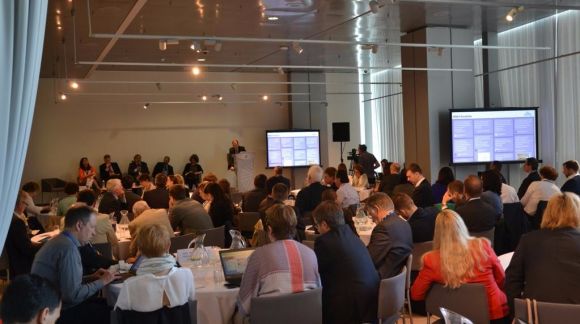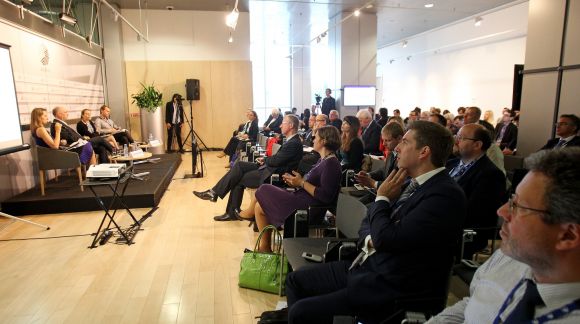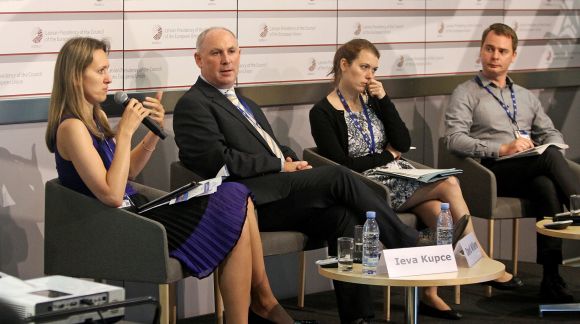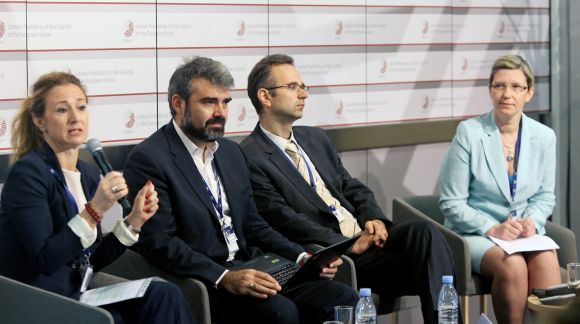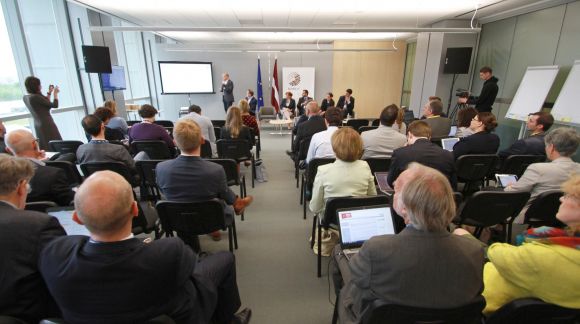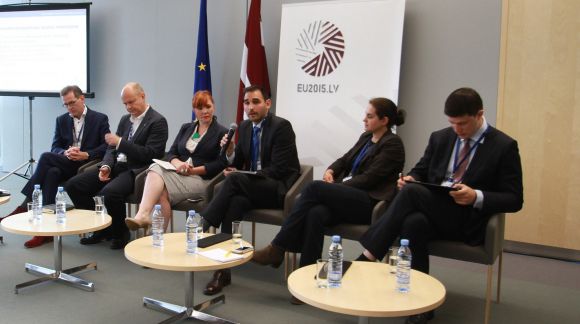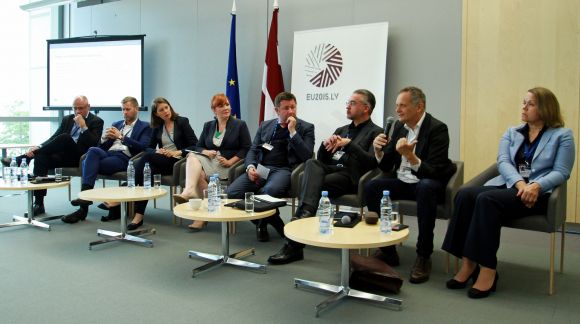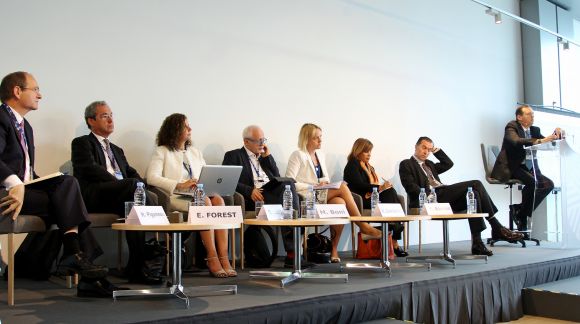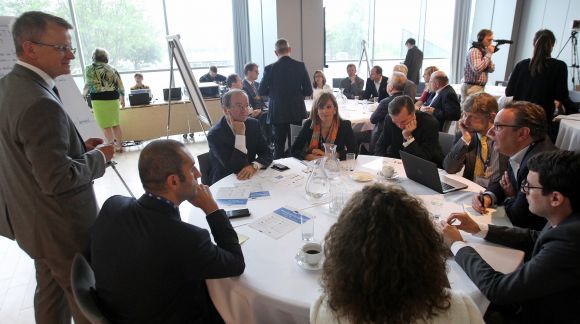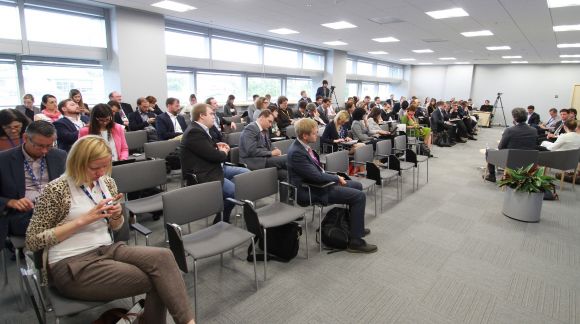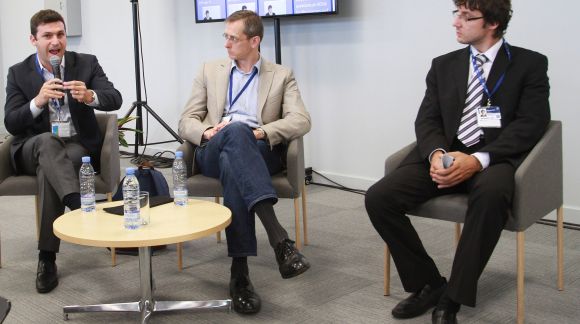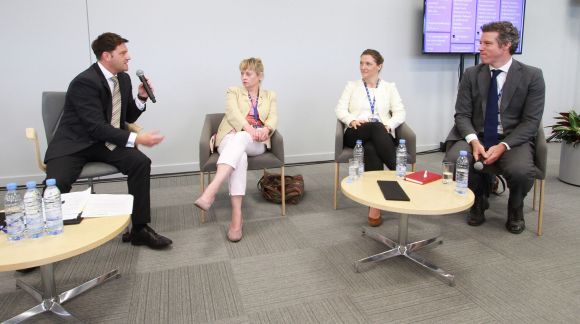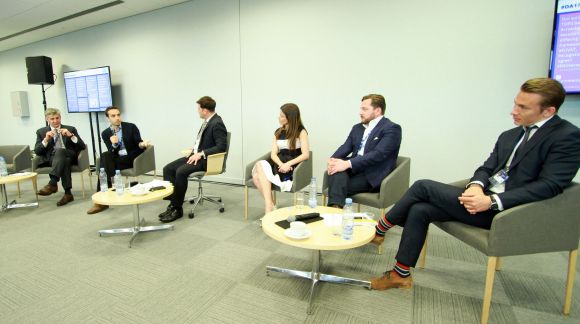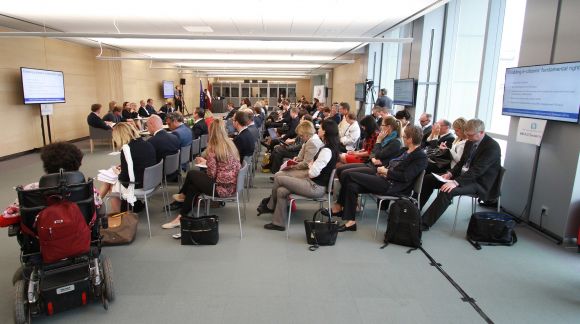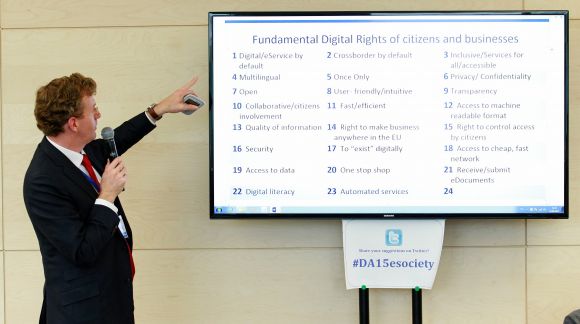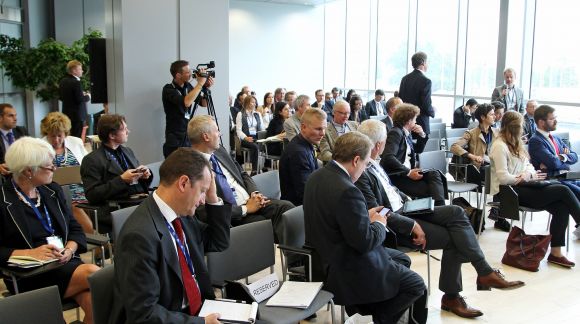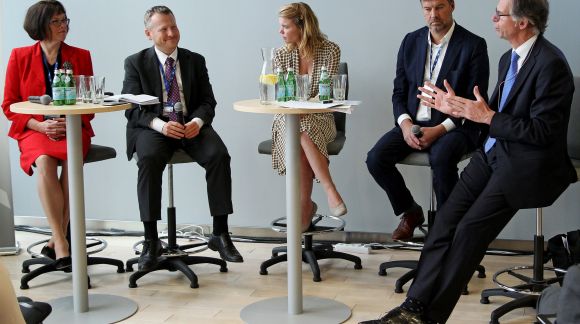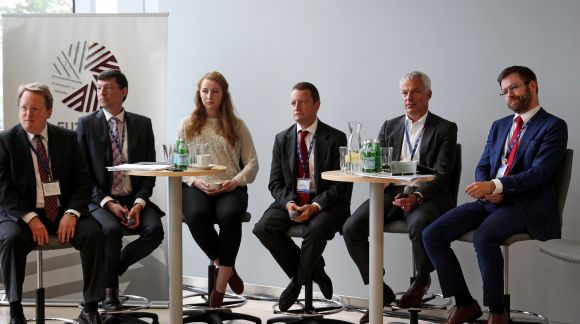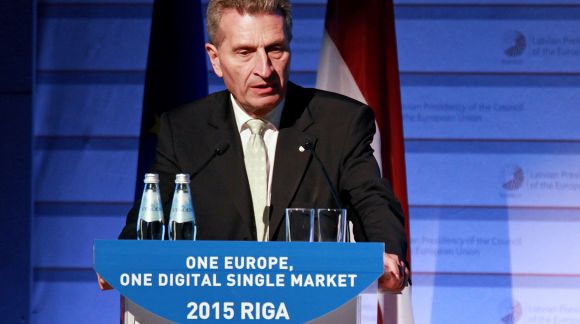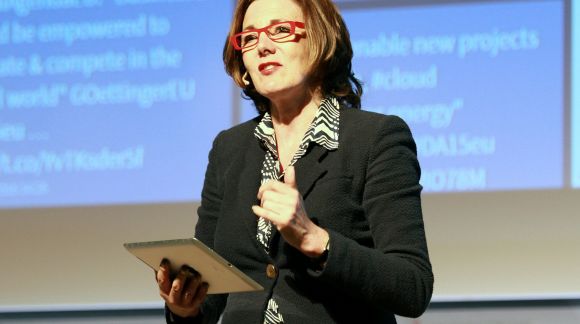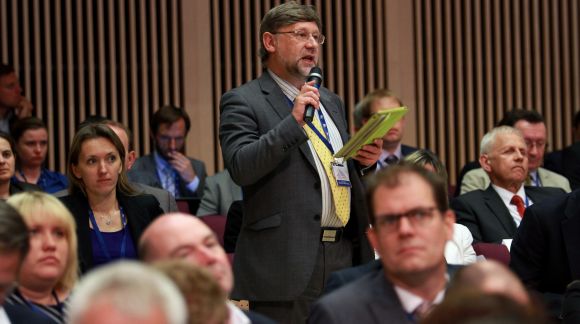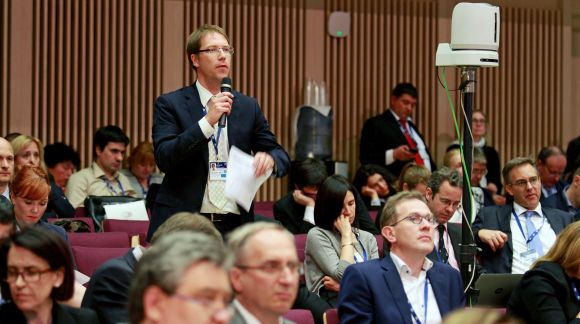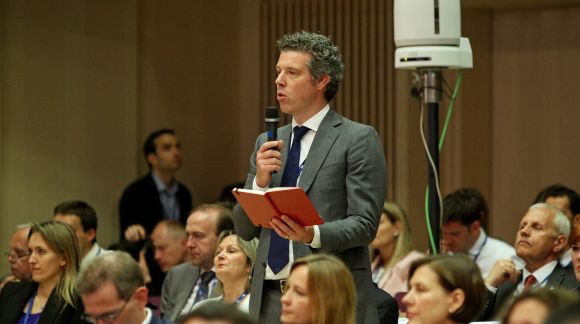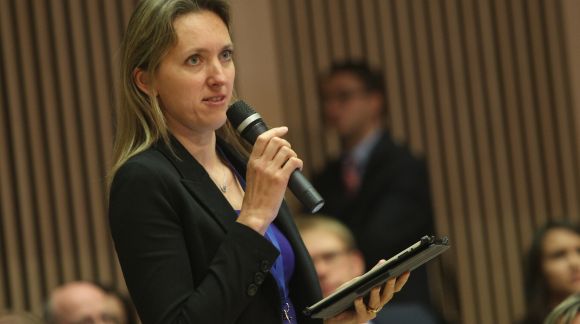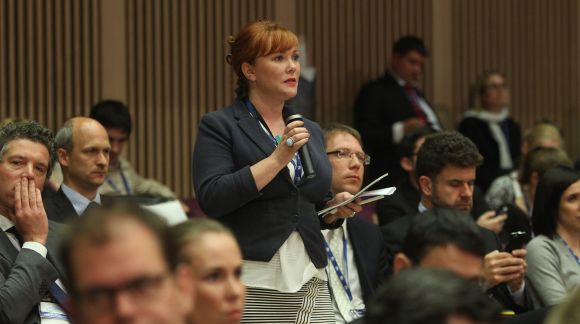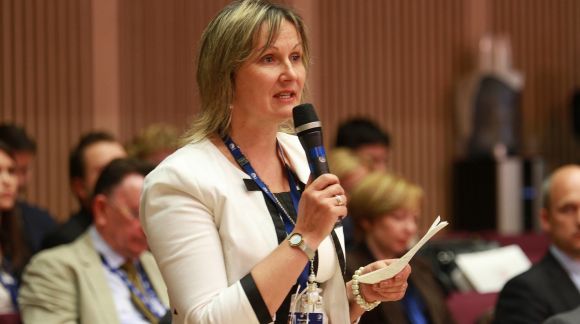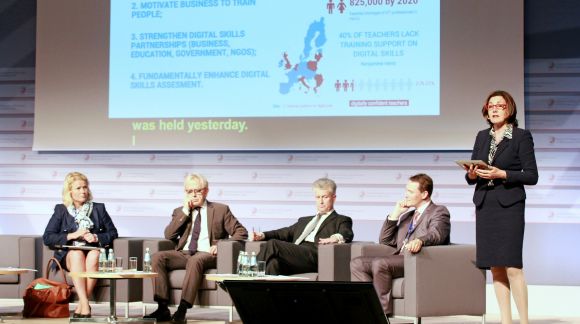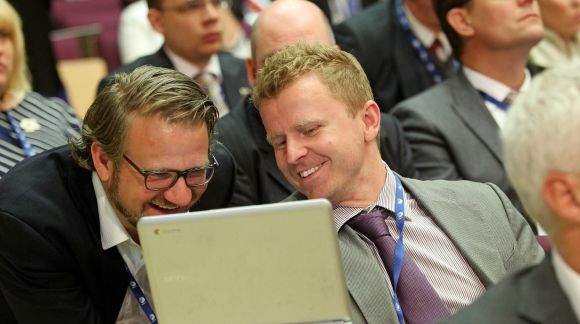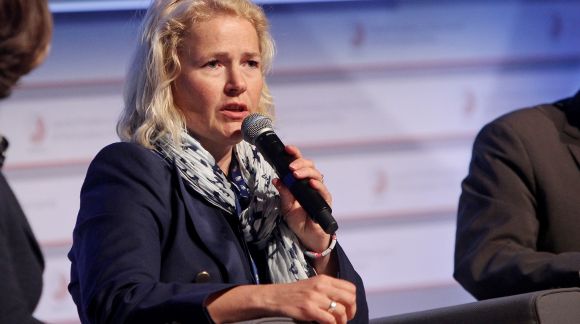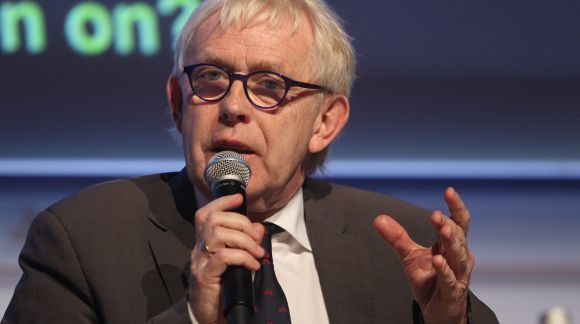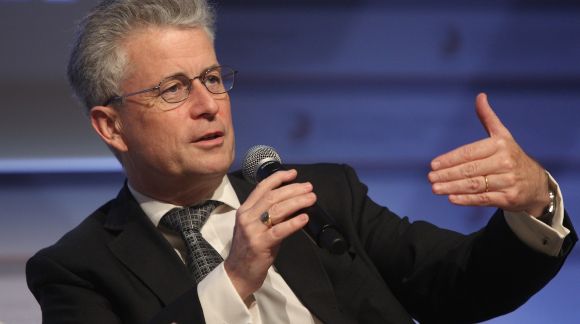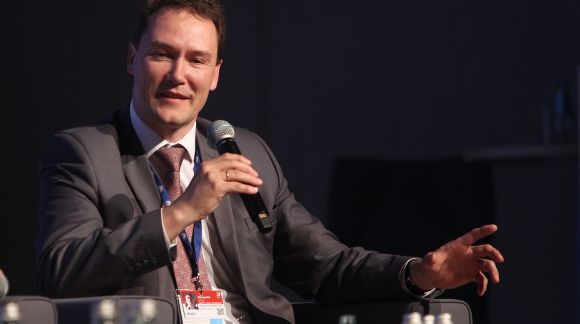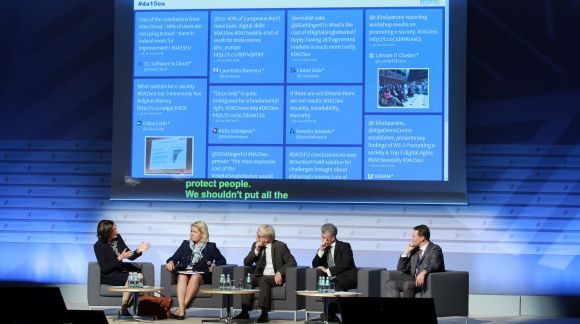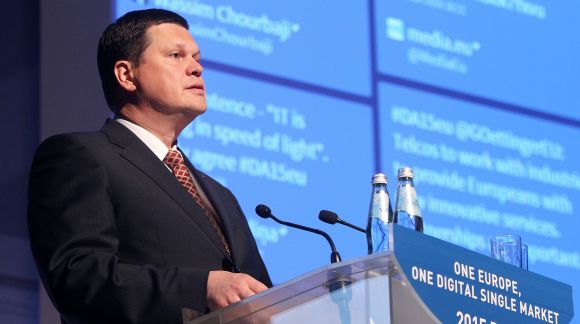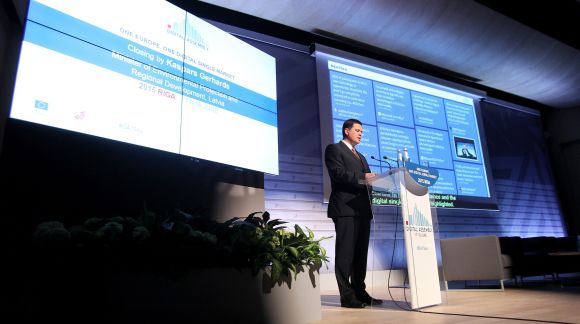Opening the event on 17 June, Latvian Prime Minister Laimdota Straujuma stressed the need to create a level playing field and secure the conditions for digital development in all EU Member States, the European market to become a knowledge-based economy and to regain its position as a global leader.
The Digital Assembly 2015 was the first event at which high-level officials and industry representatives had the opportunity to discuss and make recommendations on different aspects of the implementation of the Digital Single Market Strategy for Europe published by the European Commission (EC) on 6 May 2015.
At the end of the first day the participants were able to listen to inspirational stories, which confirmed the potential of digital technology to enhance the competitiveness. The best practice and knowledge to succeed shared Yubico, secure "key" creator Stina Ehrensvard. The TechHub Riga creator Andris Bērziņš, had a presentation on experience in building a start-up. He has experience in creating Latvian digital innovations such as AirDog and infogr.am. The Spotify representative Stefan Blom and Scania Senior Vice-President Erik Ljungberg also shared their experience. VAll inspirational stories are available on Latvian Presidency YouTube channel.
During the six parallel workshop sessions on 18 June, key topics of the Digital Single Market Strategy were discussed, such as digital skills, consumer confidence in the digital environment, creative content of the digital environment, ensuring access and connectivity to telecom services, e-commerce, e-government and digitising European industries and enterprises.
E-skills have important role in the implementation of the strategy. Therefore, within the analysis of the e-society in the context of Digital Single Market Strategy, the participants shared practical examples on the use of public e-services. They analysed the existing challenges to fully exploit the potential of digital technologies and to get greater value from the use of e-services. After the discussions and by using e-voting, three fundamental digital rights for citizens and businesses were identified: 1) implementation of ’once-only’ principle, 2) creation of user-friendly services, 3) promotion of digital literacy and e-skills.
During the workshop on European businesses and industries digitisation the participants stressed that each of us is a witness to the transition to the digital economy. These changes no longer refer just to the Information and Communication Technology (ICT) sector, but affect all industry and service sectors. This is a global phenomenon, and competition is fierce. The participants agreed that in order to maintain Europe's global competitiveness, this changing environment must be accepted.
“Digital Single Market Strategy is important for both companies and citizens. In the nearest future 90% of jobs will require digital skills, but currently only 47% of EU citizens possess such skills. Companies, especially small businesses, will have to learn more ICT skills. Currently the large companies are more active in using digital opportunities and optimising their activity, whereas the small companies use ICT tools less. For example, 95% of large companies have their own website, but for small companies it is only 56%. Therefore, it is a goal of the Latvian Information and Communication Technologies Association (LIKTA) to improve the current situation and thus LIKTA has started to provide training for small and medium-sized enterprises (SMEs). Currently, we have trained more than 6000 SMEs managers and employees, but to achieve even better results we need to involve both the government and the companies in the industry," said Signe Bāliņa, President of LIKTA.
During workshop session devoted to e-commerce, the participants analysed the key challenges for businesses operating online, especially when trying to go cross-border. The participants noted that in order to successfully develop cross-border transactions, it is necessary to simplify the legislation. It is also envisaged in the Digital Single Market Strategy. Also, the discussion was held on the role of innovations and internet platform in the digital market.
The use of e-services is closely related to the confidence and trust online. Therefore, one of the workshops was devoted to a discussion on these issues. The participants agreed that Network and Information Security (NIS) Directive concerning measures to ensure a high common level of network and information security across the EU needs to be adopted as soon as possible. We need to harmonise not only national legislation, but also cyber capabilities across the EU.
Lively discussion took place in a workshop on creative content in the digital environment. The participants explored what opportunities and challenges the creative sectors are facing in the context of completion of the Digital Single Market. They stressed that it is possible to compete with free content as an attractive service development and implementation can defeat piracy.
During the workshop on “A Connected Digital Single Market “ the EC presented the Digital Single Market Strategy and pointed out the need for connectivity as the basis for all digital services. The participants discussed the main aspects on how to promote connectivity in the communications sector. After intensive discussions, it was concluded that the most effective possible solutions are the promotion of competition in the infrastructure sector and the need for sufficiently flexible legislation.
"The Digital Assembly's work will contribute to the introduction of the Digital Single Market Strategy, which in turn will open up new opportunities for EU economic development," at the end of the event noted Kaspars Gerhards, the Latvian Minister for Environmental Protection and Regional Development. The Minister particularly stressed that the Digital Single Market must support the cultural and linguistic diversity.
The event was co-organised by the EC and the Latvian Presidency. The Latvian Presidency is only the second presidency to organise the Digital Assembly outside Brussels. The Digital Assembly 2015 was also the main event relating to the Presidency`s priority – Digital Europe.



